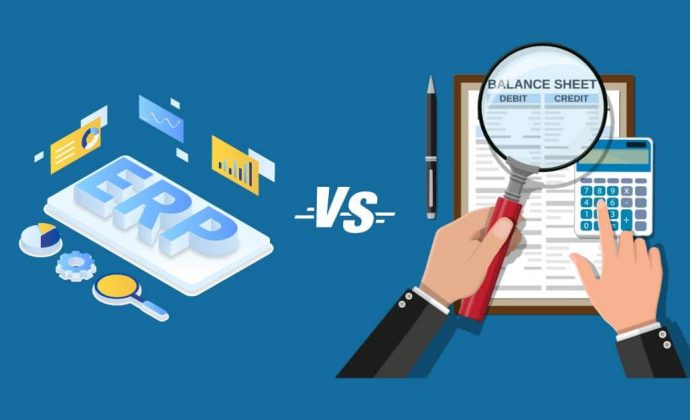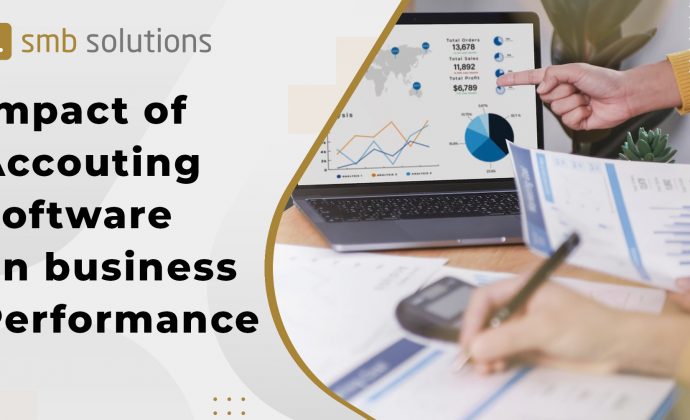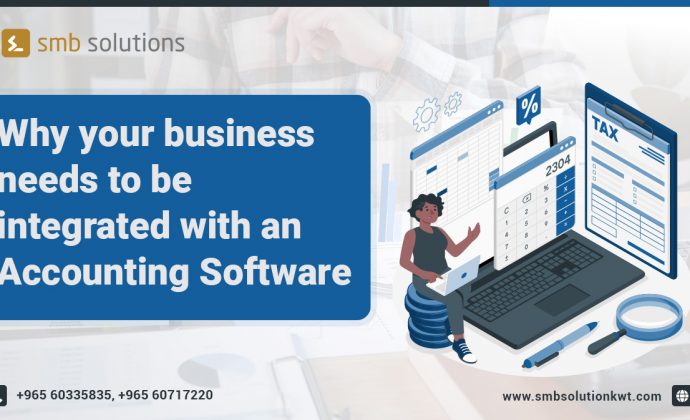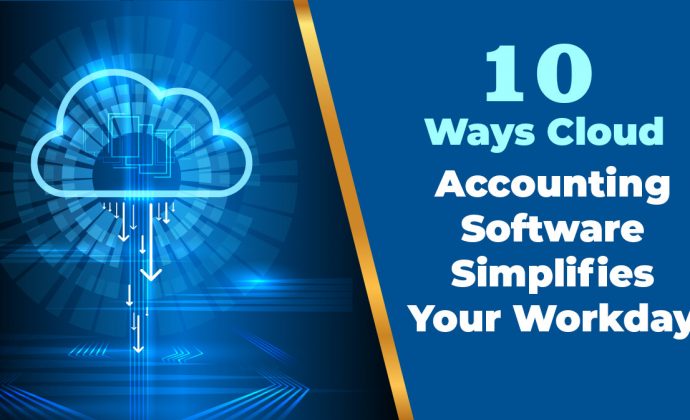Those who work in the business world frequently utilize specific technical terms. They frequently even forget that not everyone can understand that technical language. Starting with such accounting software frequently makes sense for the majority of small businesses. They are more affordable than ERP systems and capable of meeting their demands for financial management. Two types of company management software products are necessary for an organization to function properly: ERP software and accounting software. Despite the two software applications’ different features and functions, they both serve a key purpose in any firm, regardless of its size or industry. Let’s analyze the distinct differences between ERP software and accounting software: ERP software A software program known as enterprise resource planning, or ERP, is used to manage a business’s daily operations in an integrated Users can quickly analyze and manage daily company operations including finance, sales, customer interactions, manufacturing, inventory management, supply chain management, HR, payroll, and more with the help of this complete, 360-degree enterprise-wide view across all sites. ERP software is very capable of fulfilling these needs, however, accounting software is not designed to offer manufacturing administration. A centralized database makes it easier for departments to share accurate, current information. This enables employees to respond proactively to day-to-day concerns on the ground and managers to make strategic, data-driven decisions. Accounting Software Accounting software’s main function is to keep track of financial transactions. It may manage a small business’s accounting and financial needs, including general ledger, payables and receivables, cash management, bank reconciliations, etc. Accounting software’s automated capabilities makes it simple to collect and extract meaningful information from data, whether there are a hundred or a thousand transactions. Accounting software makes it possible to quickly access financial data when needed and gives you access to comprehensive reports that help you make wise financial decisions. Contrastingly, attempting to do so across several Excel spreadsheets raises the risk of inaccurate data entry and reduces labour productivity. Accounting software falls short since it can’t quickly foresee future demands; this requires a properly integrated system that enables smooth transactions and information sharing throughout the organization. The differences between accounting software and ERP ERP software is a comprehensive software solution made up of modules that interface with various corporate operations. ERP includes accounting as one of its features. ERP systems are scalable systems with features that cover the whole firm, in contrast to accounting systems, which primarily focus on financial accounting tasks. Accounting software is a separate software program that focuses only on a business’s accounting needs. It provides in-depth features that exclusively address the financial aspect of any organization. Accounting deals with the general ledger, accounts receivable and payable, salaries, expenses, and other issues. Enterprise resource planning (ERP), on the other hand, helps with issues that accounting does not address. As ERP software is more complete, it costs more than an accounting software package. The amount of time needed to set up ERP software varies based on the modules used and the size of the company, though. the latter. Every time a need arises, it provides a microscopic picture of all the transactions and all the information relevant to those transactions. Accounting software is less expensive than an ERP solution and can automate all accounting activities. ERP software provides helpful insights into a company’s overall operations as opposed to just one particular function. For instance, ERP software tells you more than just how well supply chain activities are run. ERP software has a wider reach and offers a detailed perspective. Accounting software only offers thorough information on the business’s financial position. You may better comprehend your company’s current financial status by using accounting software. It enables you to comprehend your business’s financial condition in greater depth. All employees use enterprise resource planning (ERP) software to share information across domains. This can foster a culture of trust inside the company by enhancing openness across departments. Accounting software makes it easier for managers of the company’s finances and shareholders to collaborate. Accounting software may provide stakeholders with a comprehensive understanding of the company’s financial situation, enabling them to make adjustments that will reduce expenses and increase income. Which one to go for? It’s dependent on the size, scope, and objectives of your organization. A small or medium-sized firm can achieve its objectives by integrating accounting software. ERP systems and accounting software have distinct distinctions. While all organizational divisions have access to ERP systems, accounting software is frequently utilized only by the accounting and finance departments. As was already noted, both ERP and accounting systems combine several functions into a single system. Accounting software, like its namesake, concentrates on accounting-related tasks, but ERP systems are scalable systems with organizational-wide functionality. Due to their belief that they won’t be able to fully employ ERP software, the majority of small enterprises avoid purchasing it. However, SMB Solutions can be your go-to resource for all of your ERP and accounting needs if you own a small or medium-sized business without breaking the bank! With a single company management application, you can receive the best functionality and cost-saving results.
Difference between Accounting and ERP system





